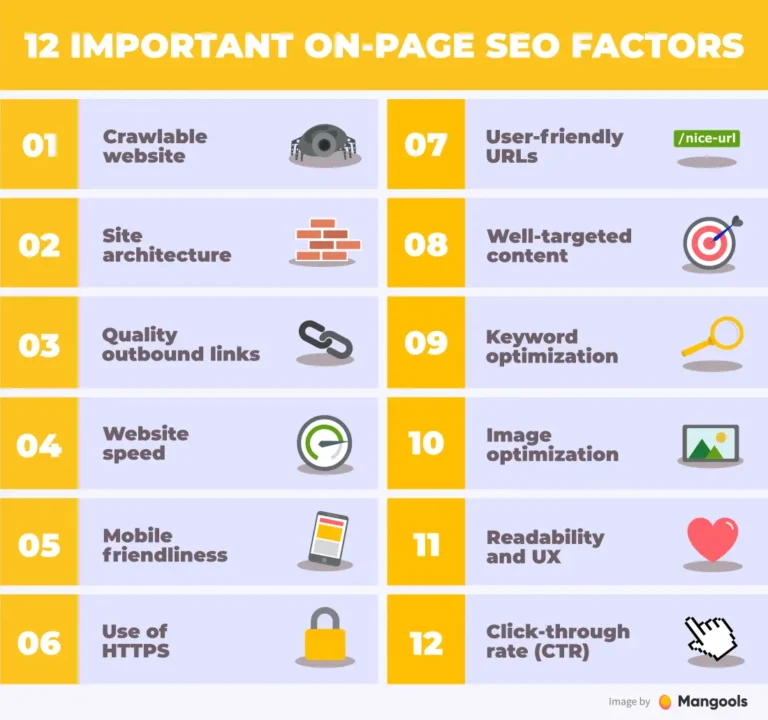What Is SEO Executive: Understanding This Essential Digital Marketing Role In 2025

An SEO executive is a digital marketing professional responsible for optimizing websites to improve their visibility and rankings in search engine results pages (SERP). What is SEO executive work involves developing and implementing comprehensive search engine optimization strategies to drive organic website traffic and enhance online presence for businesses across various industries.
The role of an SEO executive has become increasingly vital in today’s digital landscape, where businesses compete for visibility in search engines like Google, Bing, and Yahoo. These professionals work closely with marketing teams, content creators, and web developers to ensure websites meet search engine guidelines and deliver exceptional user experience.
SEO executives combine technical expertise with creative problem-solving skills to analyze website performance, conduct keyword research, and implement both on-page and off-page optimization strategies. They serve as the bridge between technical SEO requirements and business objectives, ensuring that search engine optimization efforts align with overall marketing goals.
What Is the Work of SEO Executive: Core Responsibilities
Keyword Research and Strategy Development
What is the work of SEO executive begins with comprehensive keyword research and analysis. SEO executives utilize advanced SEO Tools like Google Analytics, SEMrush, and Ahrefs to identify high-value keywords that align with business objectives. They analyze search volume, competition levels, and user intent to develop effective seo strategy that targets both short-tail and long-tail keywords.
The keyword research process involves understanding target audience behavior, analyzing competitor strategies, and identifying content gaps that present optimization opportunities. SEO executives create detailed keyword mapping documents that guide content creation and on-page optimization efforts across websites.

Technical SEO Implementation and Monitoring
SEO executives are responsible for conducting regular technical audits to identify and resolve issues that may impact search engine rankings. This includes optimizing website architecture, improving page load speeds, ensuring mobile responsiveness, and implementing structured data markup.
They work closely with web development teams to address crawling and indexing issues, fix broken links, optimize URL structures, and ensure proper implementation of canonical tags. Technical SEO also involves monitoring website performance through Google Search Console and other analytics platforms.
Content Optimization and Strategy
Working closely with content teams, SEO executives ensure all website content is optimized for both search engines and users. They provide guidance on content structure, meta descriptions, title tags, header tags, and internal linking strategies to improve page seo performance.
SEO executives develop content strategies based on keyword research findings and competitor analysis. They collaborate with writers to create high quality, SEO-friendly content that addresses user search intent while maintaining readability and engagement.

What Is an SEO Executive: Required Skills and Qualifications
Technical Expertise and Tool Proficiency
An SEO executive must possess strong technical skills including basic understanding of HTML, CSS, and JavaScript. Proficiency with essential seo tools such as Google Analytics, Google Search Console, SEMrush, Ahrefs, Moz, and Screaming Frog is crucial for effective performance monitoring and optimization.
These professionals need analytical skills to interpret data from various sources and make data-driven decisions. Understanding of search engine algorithms, ranking factors, and algorithm updates helps them adapt strategies to maintain and improve search engine rankings.
Communication and Project Management Skills
SEO executives must possess excellent communication skills to collaborate effectively with marketing team members, clients, and stakeholders. They need to translate complex technical concepts into understandable insights for non-technical team members.
Project management abilities are essential for handling multiple campaigns simultaneously, meeting deadlines, and coordinating with various departments. SEO executives often work on long-term projects that require consistent monitoring and adjustment.
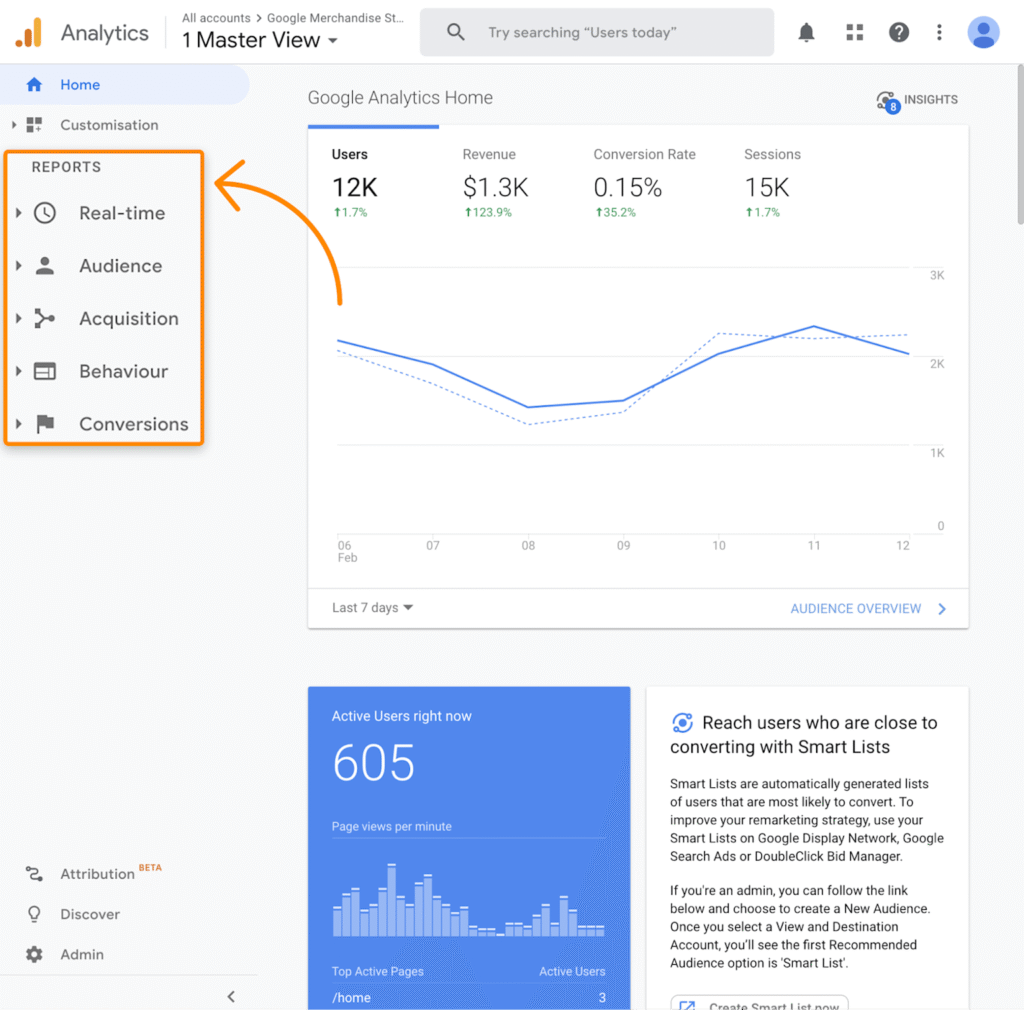
Analytical and Strategic Thinking
What is an seo executive without strong analytical capabilities? These professionals must analyze website traffic patterns, user behavior data, and conversion metrics to identify optimization opportunities. They use tools like Google Analytics to track key performance indicators and measure campaign effectiveness.
Strategic thinking enables SEO executives to develop comprehensive optimization plans that align with business goals. They must understand how SEO fits within broader online marketing strategies and contribute to overall digital marketing success.
What Is SEO Executive Job: Daily Tasks and Workflow
Morning Performance Review and Planning
A typical day for an SEO executive begins with reviewing overnight performance data and checking for any technical issues that may have occurred. They analyze search engine rankings, organic traffic patterns, and conversion rates to identify trends and areas requiring attention.
This morning routine includes checking Google Search Console for crawl errors, reviewing Google Analytics for traffic anomalies, and monitoring keyword rankings through specialized tracking tools. SEO executives prioritize daily tasks based on performance data and client requirements.

Keyword Research and Competitor Analysis
Daily keyword research activities involve identifying new optimization opportunities and analyzing competitor strategies. SEO executives use various tools to discover trending keywords, assess search volume changes, and evaluate keyword difficulty scores.
Competitor analysis helps identify gaps in current SEO strategy and opportunities to outrank competing websites. This involves analyzing competitor backlink profiles, content strategies, and on-page optimization techniques.
Content Optimization and Link Building
SEO executives spend significant time optimizing existing content and supporting new content creation efforts. They update meta tags, improve internal linking structures, and ensure all content follows SEO best practices.
Link building activities include identifying potential backlink sources, conducting outreach campaigns, and managing relationships with website owners and publishers. Building high-quality backlinks remains crucial for improving search engine rankings and domain authority.
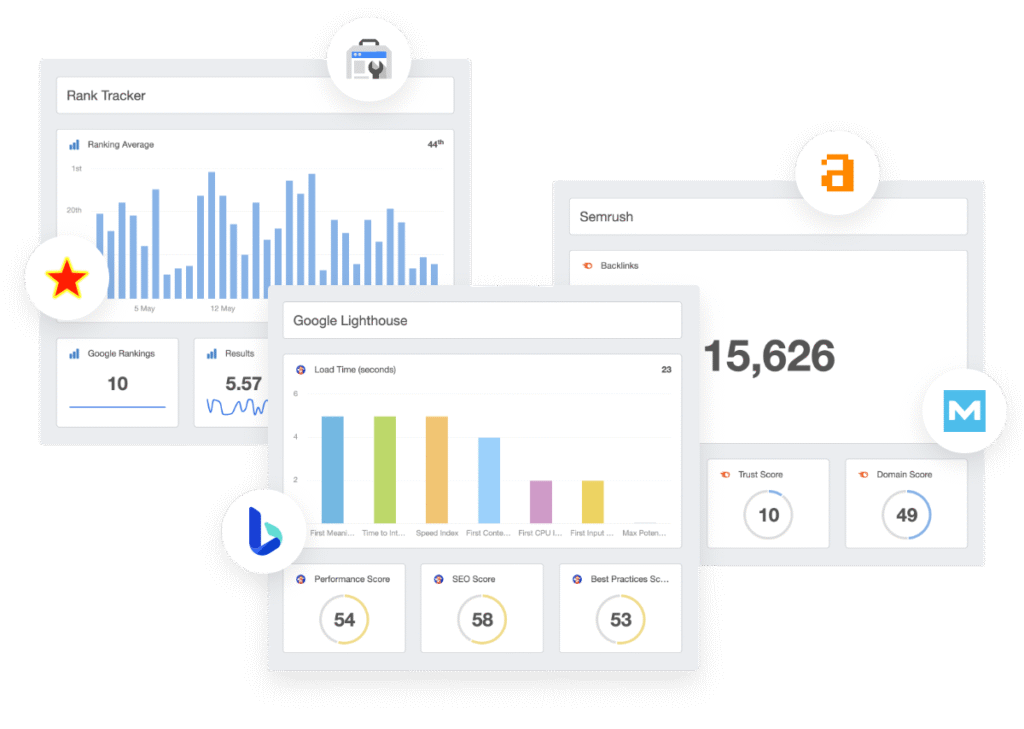
What Is the Role of SEO Executive: Career Progression and Growth
Entry-Level to Senior Positions
The SEO executive career path typically begins with junior positions focusing on basic optimization tasks and gradually progresses to more strategic roles. Entry-level SEO executives earn between ₹3-6 lakhs annually in India, while experienced professionals can earn ₹7-15 lakhs or more.
Career progression often leads to positions such as SEO Manager, Digital Marketing Manager, or SEO Consultant. Senior roles involve strategy development, team management, and client relationship building.
Specialization Opportunities
SEO executives can specialize in various areas including technical SEO, local SEO, e-commerce SEO, or content SEO. Each specialization offers unique career opportunities and salary potential.
Some professionals transition into related fields such as digital marketing strategy, user experience optimization, or data analytics, leveraging their SEO expertise in broader marketing contexts.
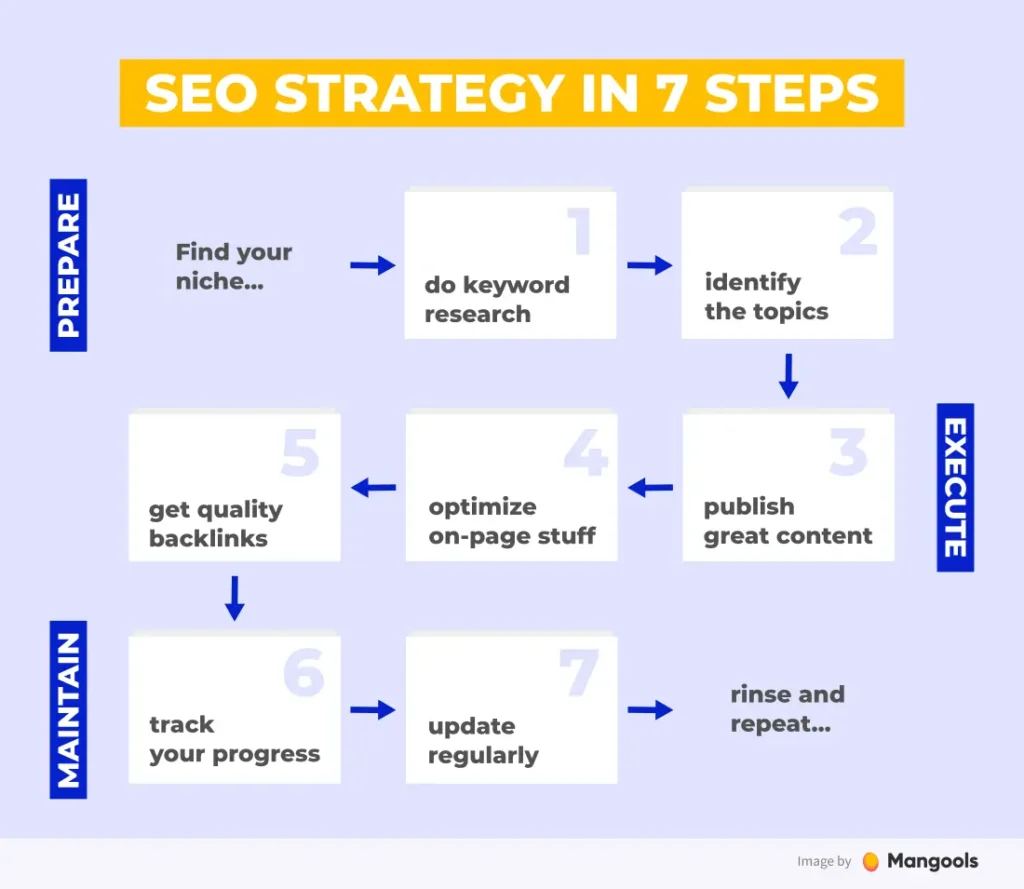
SEO Executive Salary and Job Market Trends
Compensation Across Different Markets
SEO executive salaries vary significantly based on experience, location, and company size. In India, fresher SEO executives typically earn ₹1.8-2.8 lakhs annually, while experienced professionals command ₹5-12 lakhs or higher.
In the United States, SEO specialists earn an average of $74,795 annually, with senior positions reaching $116,502 or more. Metropolitan areas generally offer higher compensation due to increased demand and cost of living.
Industry Demand and Growth Prospects
The demand for SEO executives continues growing as businesses recognize the importance of organic search visibility. Companies across industries including e-commerce, healthcare, finance, and technology actively seek skilled SEO professionals.
Remote work opportunities have expanded the job market, allowing SEO executives to work with international clients and companies. This flexibility has contributed to increased earning potential and career mobility.
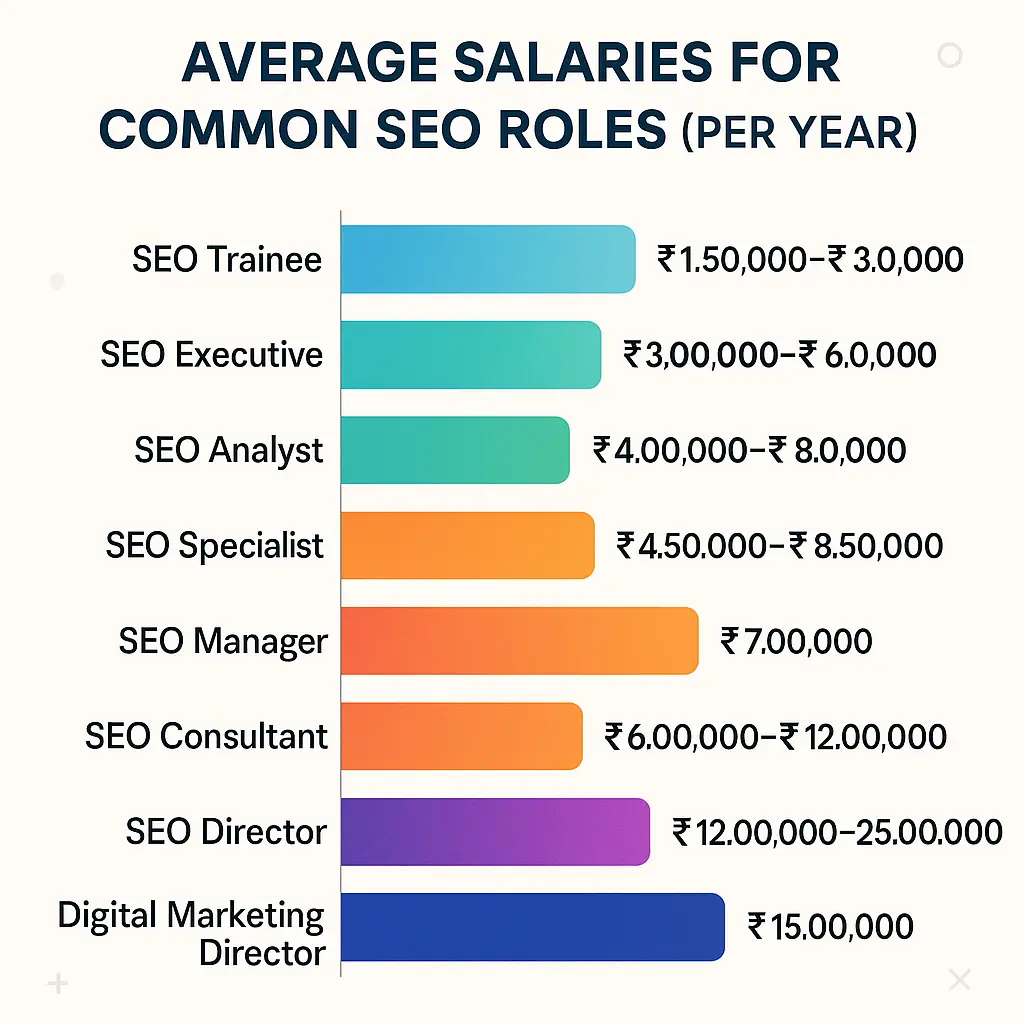
Essential Tools and Technologies for SEO Executives
Analytics and Monitoring Platforms
Google Analytics remains the cornerstone tool for website performance monitoring and analysis. SEO executives use this platform to track organic traffic, user behavior, conversion rates, and other critical metrics.
Google Search Console provides essential insights into website indexing status, search performance, and technical issues. Other important tools include SEMrush, Ahrefs, Moz, and Screaming Frog for comprehensive SEO analysis.
Content and Technical Optimization Tools
SEO executives utilize various tools for content optimization including Yoast SEO, Surfer SEO, and Clearscope for on-page optimization guidance. Technical SEO tools like GTmetrix, PageSpeed Insights, and Schema.org validators help ensure optimal website performance.
Social media platforms and content management systems integration tools help SEO executives coordinate cross-channel marketing efforts and maintain consistent messaging across digital touchpoints.
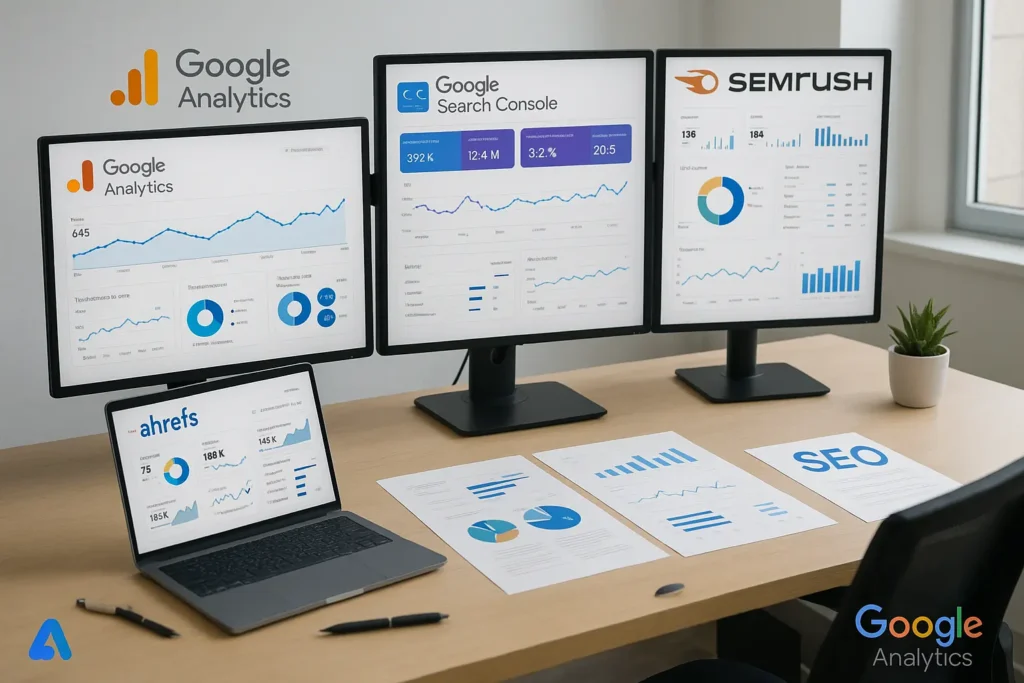
Future of SEO Executive Roles
Evolving Responsibilities and Skill Requirements
The SEO executive role continues evolving with advances in artificial intelligence, machine learning, and search engine algorithm sophistication. Modern SEO professionals must understand AI-driven content creation, voice search optimization, and mobile-first indexing.
Emerging technologies such as Core Web Vitals, E-A-T (Expertise, Authoritativeness, Trustworthiness), and entity-based SEO require continuous learning and adaptation from SEO executives.
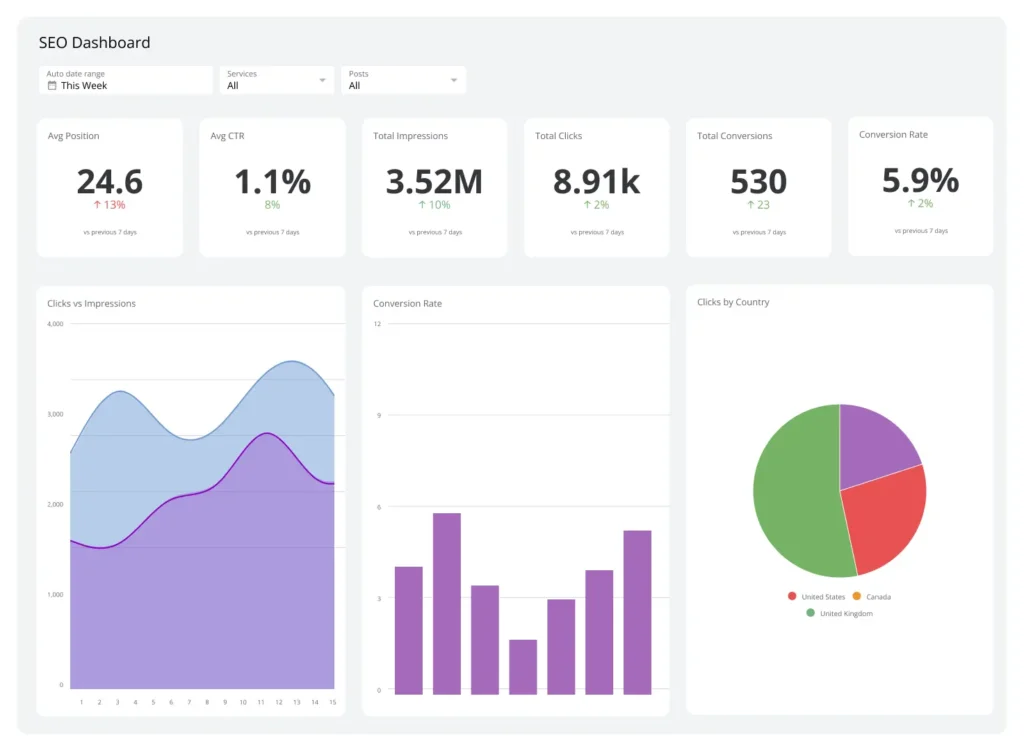
Industry Outlook and Opportunities
The SEO industry shows strong growth prospects as digital transformation accelerates across businesses worldwide. SEO executives who combine technical expertise with strategic thinking and data analysis skills will find abundant career opportunities.
Specialization in areas such as AI-driven SEO, international SEO, and enterprise-level optimization will create premium career paths for experienced professionals seeking advanced roles in the digital marketing industry.
Conclusion
To conclude the question, what is SEO executive, the role of an SEO executive is vital in today’s competitive digital marketing landscape, balancing technical expertise with strategic insight to drive organic growth. SEO executives use a variety of advanced tools like Google Analytics, SEMrush, and Ahrefs to analyze website performance, conduct keyword research, and optimize both on-page and off-page elements that improve search engine rankings and user experience.
Career opportunities for SEO executives continue to grow as businesses increasingly value strong online visibility through organic search. From entry-level roles to senior positions, the SEO executive path offers diverse specialization options including technical SEO, content optimization, and link building. Continuous learning and adapting to emerging SEO trends like AI-driven content and mobile-first strategies that are essential to success.
Ultimately, SEO executives play a critical role in helping organizations build sustainable, high-quality website traffic and improve brand presence online. The combination of analytical skills, communication, and creative problem-solving makes this role indispensable for digital marketing teams and businesses focused on long-term growth through search engine optimization.

